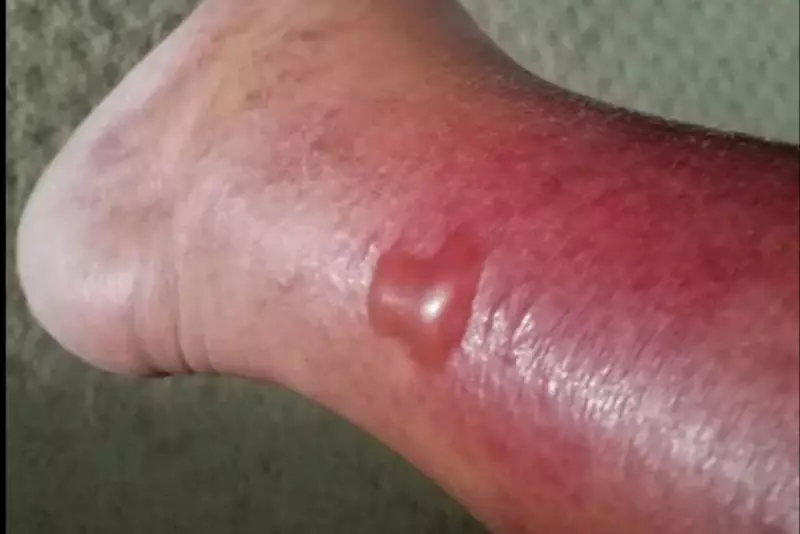
The UK Health Security Agency (UKHSA) has escalated its warnings about a potentially deadly threat lurking in British coastal waters: Vibrio vulnificus, a rare flesh-eating bacterium. This urgent alert comes as rising sea temperatures create ideal breeding conditions for this dangerous pathogen.
Commonly found in warmer waters, this aggressive bacteria can cause necrotising fasciitis – a rapid and devastating infection that destroys soft tissue. The infection progresses at an alarming rate, often leading to severe complications within just 24-48 hours of exposure.
Who is most at risk?
While anyone can be affected, health officials emphasize that certain groups face significantly higher dangers:
- Individuals with open wounds – even minor cuts or scrapes
- People with compromised immune systems
- Those with underlying liver conditions
- Elderly individuals with chronic health issues
The bacteria typically enters through breaks in the skin, making water activities particularly risky for those with any type of wound.
Climate change connection
Experts directly link the increasing prevalence of Vibrio vulnificus to climate change. As UK coastal waters warm due to rising global temperatures, these bacteria are thriving in environments where they previously couldn't survive.
"We're seeing a clear pattern emerge," stated a UKHSA spokesperson. "Warmer waters are creating new health challenges that we must address proactively."
Recognizing the symptoms
Early detection is crucial for survival. Key symptoms to watch for after coastal water exposure include:
- Intense pain, swelling, and redness around wounds
- Fever and chills developing rapidly
- Skin changes progressing to ulceration and blistering
- Signs of sepsis including confusion and dizziness
Medical professionals stress that immediate treatment is essential. "This infection moves faster than most people can imagine," warned a consultant in infectious diseases. "Every hour counts when dealing with Vibrio vulnificus."
Prevention and protection
The UKHSA recommends several precautionary measures:
- Avoid coastal waters if you have any open wounds or cuts
- Wear protective waterproof footwear when walking in coastal areas
- Thoroughly wash with soap and water after any seawater contact
- Seek immediate medical attention if symptoms develop after water exposure
While the risk remains relatively low for most healthy individuals, the severity of potential outcomes has prompted this strong warning from health authorities. The alert serves as both a public health notice and a stark reminder of how climate change is directly affecting human health in unexpected ways.





